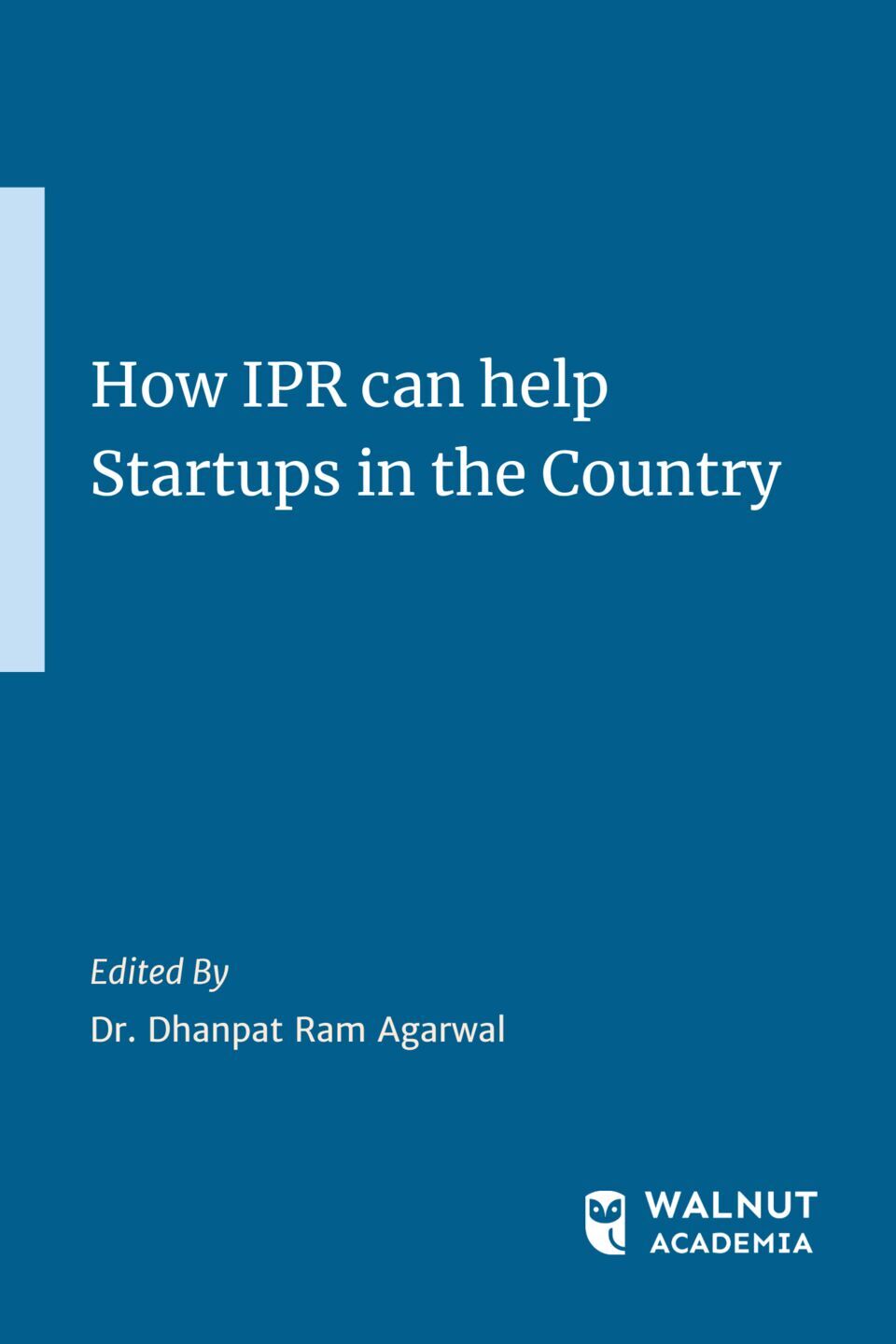
How IPR can help Startups in the Country
| Abstract Submission | 15-Nov-2025 |
| Full Chapter Submission | 30-Nov-2025 |
| Peer Review Completion | 24-Dec-2025 |
| Publication | 10-Jan-2026 |

| Abstract Submission | 15-Nov-2025 |
| Full Chapter Submission | 30-Nov-2025 |
| Peer Review Completion | 24-Dec-2025 |
| Publication | 10-Jan-2026 |

Founding Director at ITAG Business Solutions Ltd., Institute of International Trade, Global IP Convention (GIPC)
Dr. Dhanpat Ram Agarwal, a Chartered Accountant with 44 years of experience, holds a PhD in Economics. He specializes in International Trade, Exchange Rates, Foreign Investment, IPR, and Taxation Laws. Founder of ITAG Business Solutions, he is also an independent director and trustee of various organizations. He has published widely and presented at international forums.
This book explores how Intellectual Property Rights (IPR) can help startups innovate, compete, and sustain growth. It covers patents, trademarks, copyrights, and trade secrets as strategic tools for branding, funding, and protection. With insights on policies, global perspectives, and real-world case studies, the book highlights how IPR drives commercialization and long-term entrepreneurial success.
Walnut Academia is committed to publishing only peer-reviewed books and chapters. Every submission undergoes a thorough peer-review process before acceptance. Our reviewers and editors follow established ethical guidelines to ensure fairness, quality, and integrity in the evaluation of all academic work.
3000 INR/Chapter | 50 USD/Chapter
No hidden costs. Flat rate Chapter Processing Charge for manuscripts up to 20 pages. Authors or their institutions/funding bodies will need to pay the CPC following acceptance after peer-review.









© 2026 Walnut Academia. All Rights Reserved